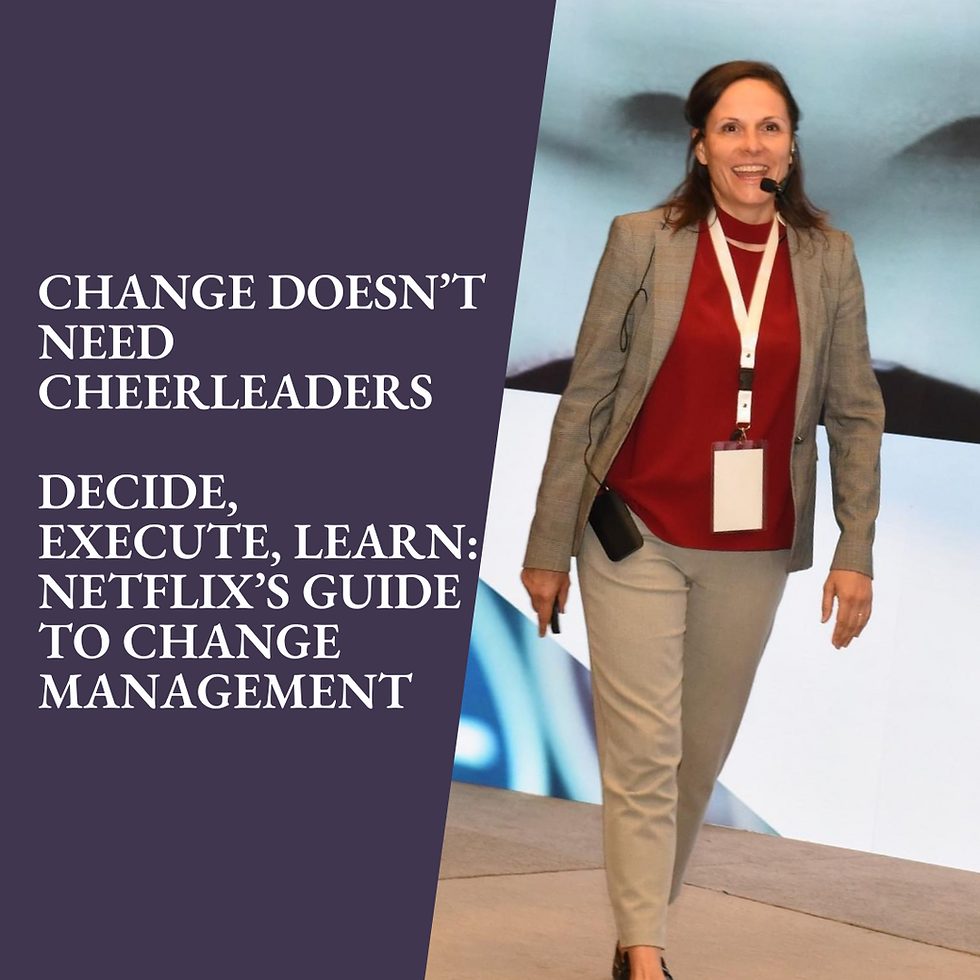Would You Fight for Your Job?
- Szilvia Olah

- Jul 28, 2023
- 3 min read
My fav HR person threw a question to her large group of followers related to Performance Improvement Plans (PIP) and discussed it on her TikTok. She asked, "Would you fight for your job or just leave?"
There was no surprise with the answers, the majority of the people would just go. But what does it really mean? Do we need this process when it hardly ends on a positive note? What is the success rate of your PIPs? Have you got a date on it, or do we just keep doing it because we have always done it this way?
I remember in 2018 one of our senior VPs was put on PIP. I was sent to help him with his development plan. We met in the empty office early, at 7 am. He sat behind his desk in front of him, the list of performance issues. My first question was, "How do you feel about those points?"
That 40+ something year old man broke down crying and just asked, "I am done, right?" I said, nothing was done until he put up a good fight, but deep down, I knew he didn't have what that fight would require.
And this is the problem with PIPs, they immediately take your power away, disarming you from proving that you have the required performance. The question really is, "Do you want to fight for your job?" and not "Can you improve your performance?"
Whilst it may have good intentions and is legally required, this is the worst HR process. Getting fired for low performance is easier to deal with than being asked to fight for one's job.
PIP has such a bad reputation based on people's experiences. Just look at the comments I have screenshot. Where did we go wrong with this process, and what would be the alternative to it?
I would say let's prevent low performance rather than manage it. Continuous conversations around performance, keeping people on track with clear expectations, targets, and goals would allow us to eliminate this awful process. Performance management must be an ongoing process, and when somebody hasn't met overall expectations for six months in a row, it would mean an automatic dismissal. We don't need PIP if our performance is managed monthly, but it is not.
Let's be honest, most of the time, people aren't even aware of what is required of them. They get by, and then a new manager arrives who picks up on the low performer, and there we have a PIP.
Or, there are no specific performance-related points in the PIP document, only the expression of dislike from the manager who wants to get rid of the person. One of the points on that list for the VP was, "He is not culturally aware, he started to drink water in front of others during Ramadan." When I saw this, I knew the message.
What happened to him? He has left. He bought a boat and went sailing for two years. Now has a fantastic role and is happier than ever.
The questions remain:
Would you fight for your job?
What alternative solution would you implement to replace PIP?
PS: I have yet to see a successful PIP process. We must reevaluate this and find a better solution. Millennials and Gen Z will eliminate it as they will not fight for their jobs. They will move on.

.png)



Comments